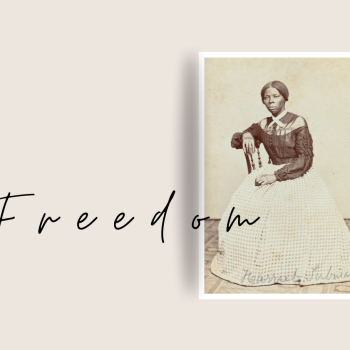When Mormons speak of this passage they often end with verse 8, with the promise of the knowledge of Jesus Christ. But Peter adds a second conclusion, verse 9:
But he that lacketh these things is blind, and cannot see afar off, and hath forgotten that he was purged from his old sins.
Verse 8 implies that if we do not have the virtues of 2 Peter 1:5-7, we will be unfruitful in knowing God. But in verse 9 Peter says even more: we will be unable to see anything except what is closest to us, if that. We will be nearsighted or blind.
Perhaps the most common way of understanding the world today is to see it with our individual selves at its center. The social sciences generally assume that view, but in doing so they only reflect what appears to be common sense: I know myself first, and I know the rest of the world only as it impacts me in some way.
To most of us the only alternative to that nearsightedness seems to be that we know because some authority says so, another kind of blindness.
We have seen that Peter rejected the authoritarian mode of knowledge: all the faithful have equal access to God and his blessings. Our relationship to divine life is not top down from other human persons.
In verse 9 Peter appears also to be rejecting today's commonsense understanding. Indeed, he goes so far as to say that when we are blinded because we do not have the virtues by which we share in the divine nature, we have forgotten that our sins were forgiven by Jesus' sacrifice and resurrection. If we cannot "see far off," see more than ourselves or someone who commands us, then we cannot but implicitly deny Jesus' atonement.
Peter's world is not an authoritarian world. But neither is it an individualistic one. The Christian virtues that he preaches begin and end in life in relation with others. Faith is a trust in and fidelity to God. Starting with that relationship, we learn each of the other virtues, all of them relational. And the culmination of those virtues is a relationship with the person Jesus.
To forget that we are ultimately relational beings is to no longer partake in God's nature. It is to forget that our relationship with God is itself defined by the relationship exemplified in Jesus' suffering, death, and resurrection—for us. To remember the virtues that Peter teaches is to see the world differently than it can be seen through either authoritarianism or individualism. It is to see the world as through-and-through relational. Redemption comes only in that alternative life in the world, among things and with others from the beginning rather than having built those relationships with myself or some human authority as the center.





